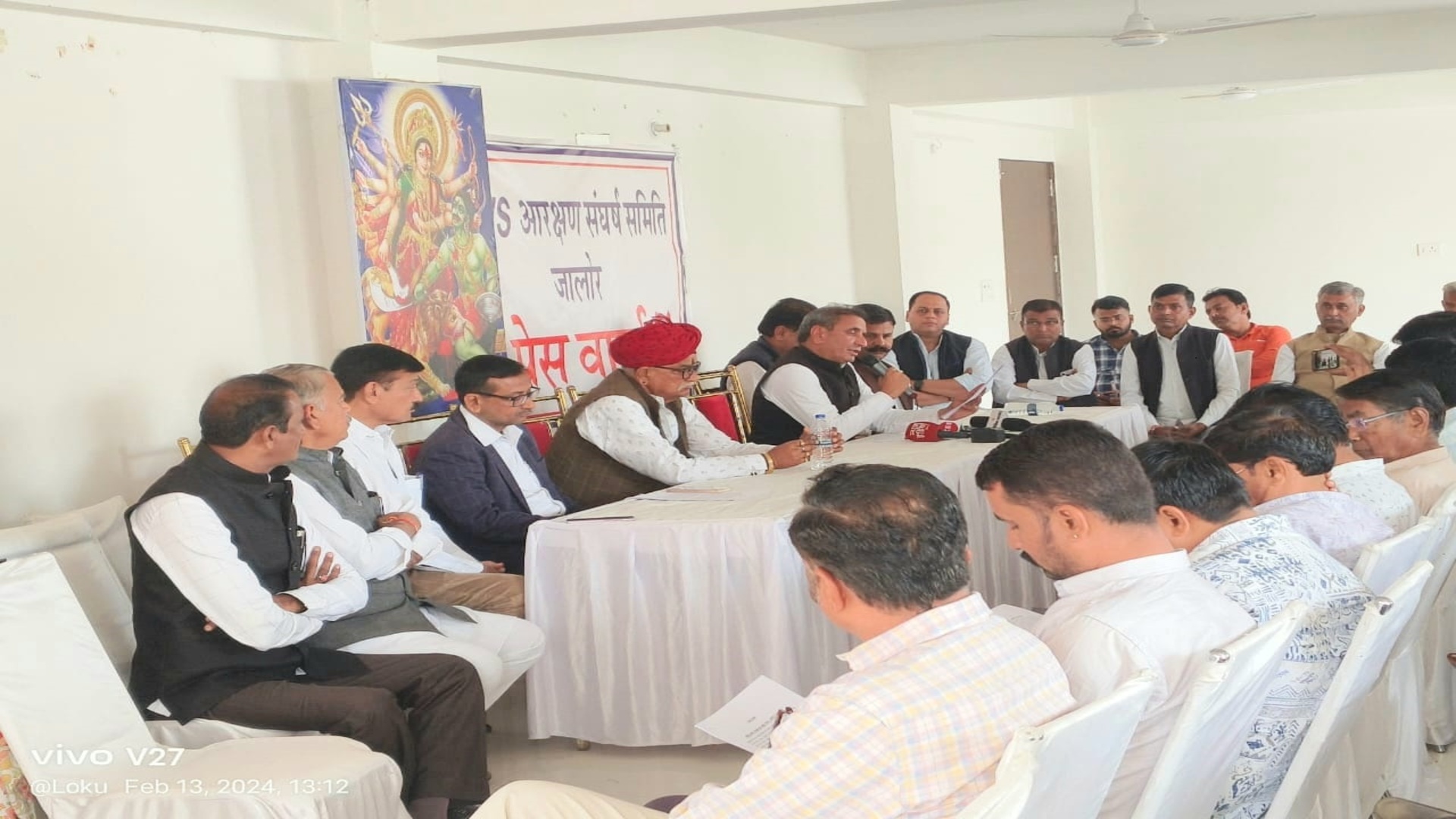The Congress party demanded the creation of reservations for the economically deprived of the upper castes. On Tuesday, Senior Congress leader Dharmendra Rathore demanded the implementation of the EWS reservation model in Rajasthan in the interest of the poor people of Brahmin, Rajput and Vaishya communities.
Dharmendra Rathore said, “Prime Minister Narendra Modi introduced a 10% reservation for economically backward sections in 2019, a move that the Supreme Court has also constitutionally upheld.”
He said that while this initiative was commendable, the complex conditions associated with being included in the EWS category have limited its benefits to a small section of the population.
As per the rules, a key condition for EWS is that those with agricultural land exceeding 5 acres and a specified residential area are ineligible for reservation benefits. Additionally, like other categories, there is no relaxation in age limits for candidates, leading to a large number of aspirants being excluded. Therefore, it is advisable for the central government to adopt the Rajasthan model, the senior Congress leader asserted.
Rathore added, “In Rajasthan, the then Chief Minister Ashok Gehlot eased the conditions for EWS reservation, initially removing the condition related to immovable property and later extending benefits related to age limits and examination fees, similar to other reserved categories. This inclusion resulted in a large number of beneficiaries in the EWS category in Rajasthan.”
He mentioned that it is noteworthy that during his tenure from 1998 to 2003, CM Ashok Gehlot proposed and passed a 14% reservation for economically backward upper-caste communities, sending it to the central government, making it the first initiative for EWS reservation.
Rathore also said that in Rajasthan, the condition of 5 acres of agricultural land is inappropriate and mentioned that small and marginal farmers with 5-10 acres of agricultural land have an annual income of less than Rs 1 lakh, which is less than the income of farmers in areas without fertile land.
He also mentioned that since the size of the houses in these regions is larger, hence, it is not reasonable to exclude them from EWS reservations.























